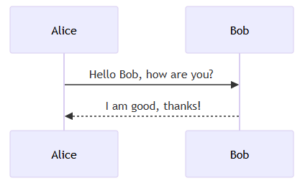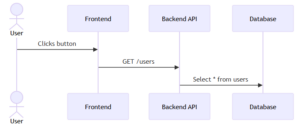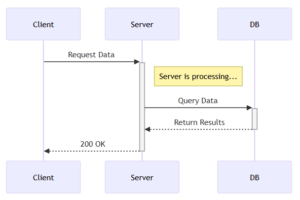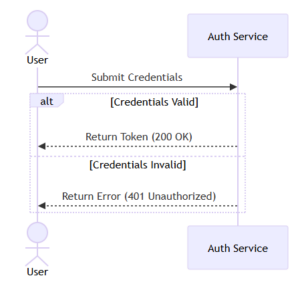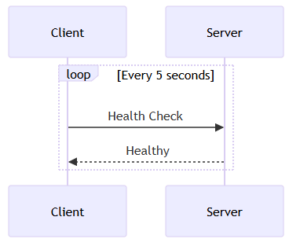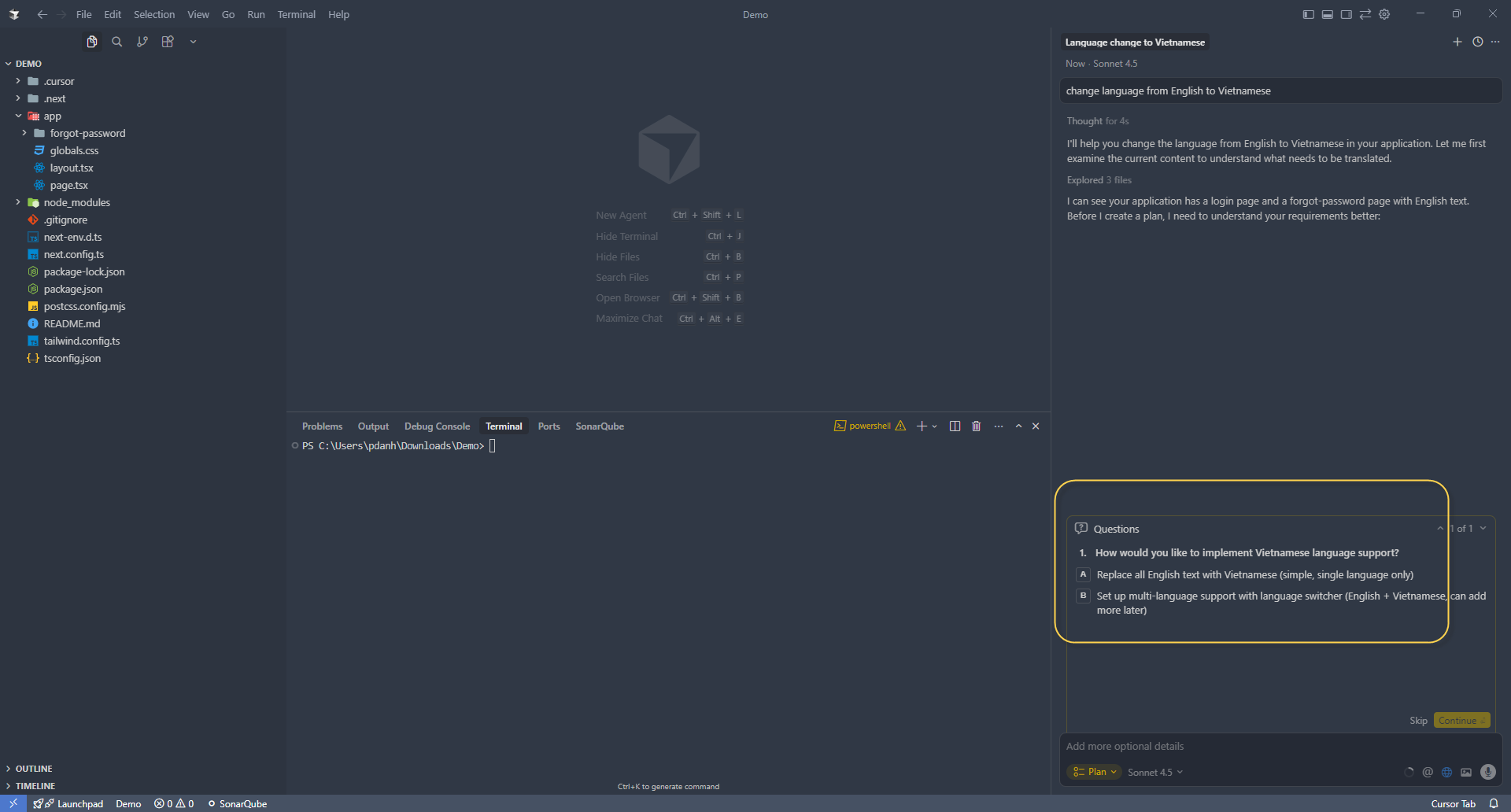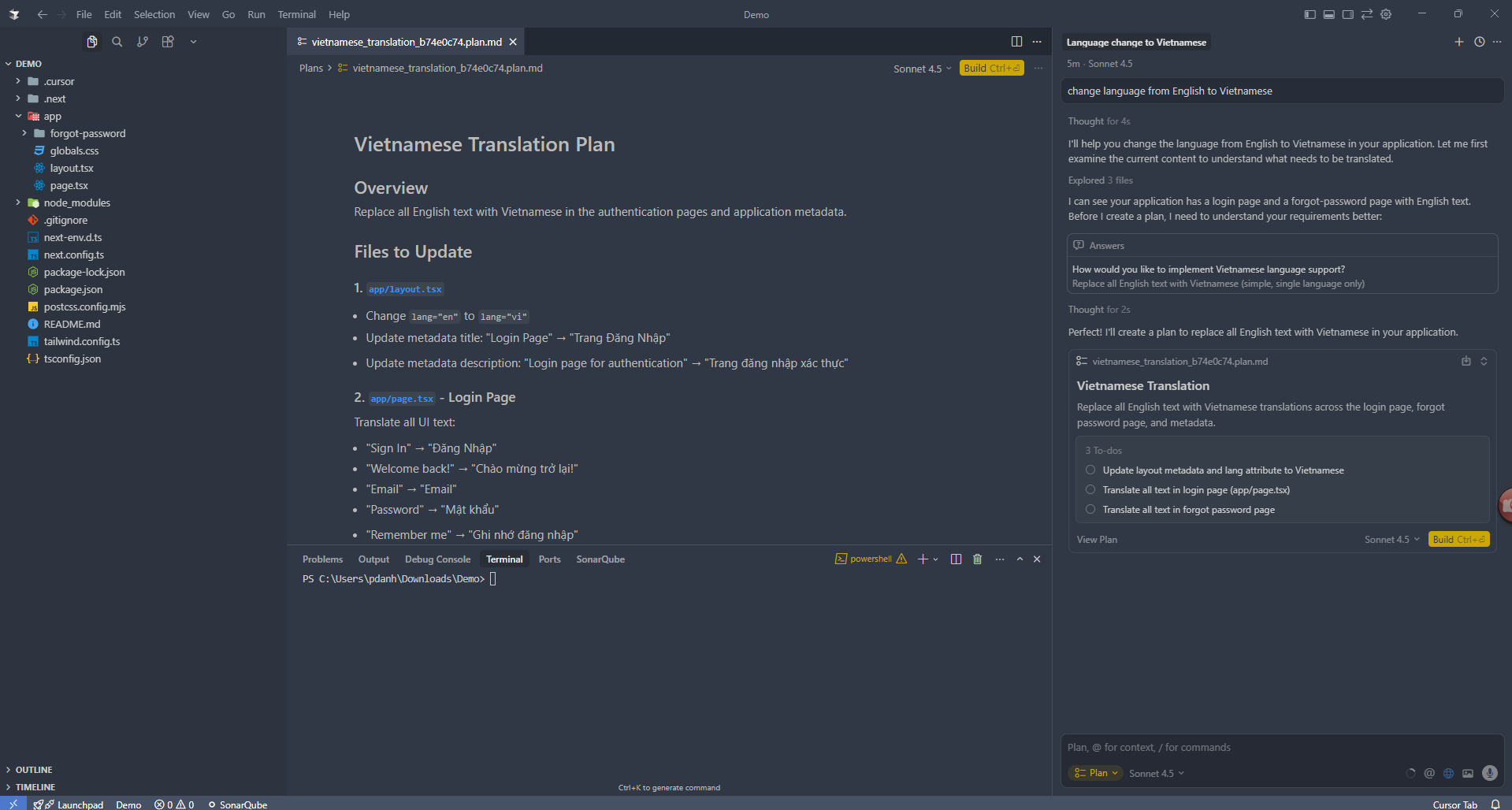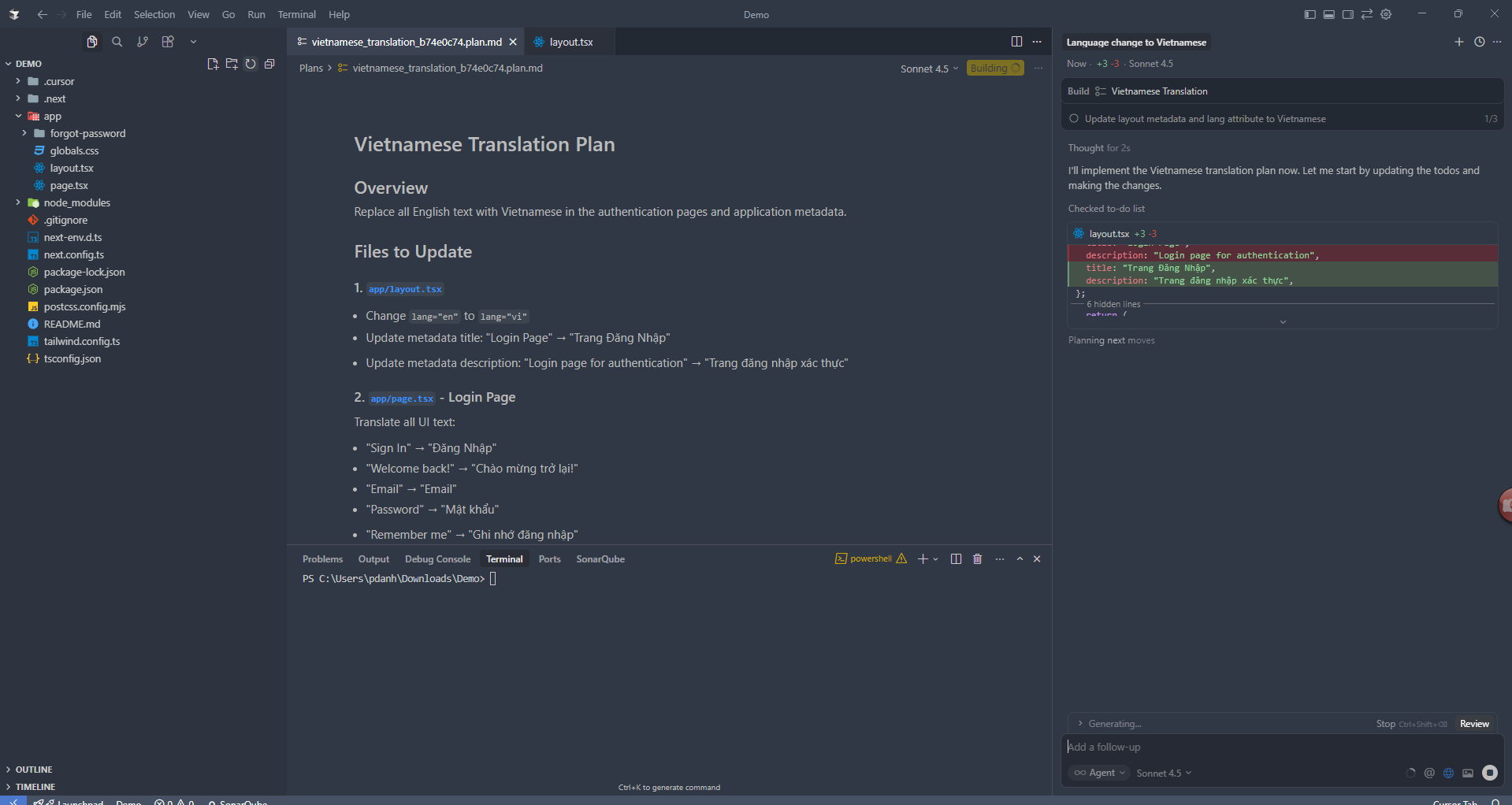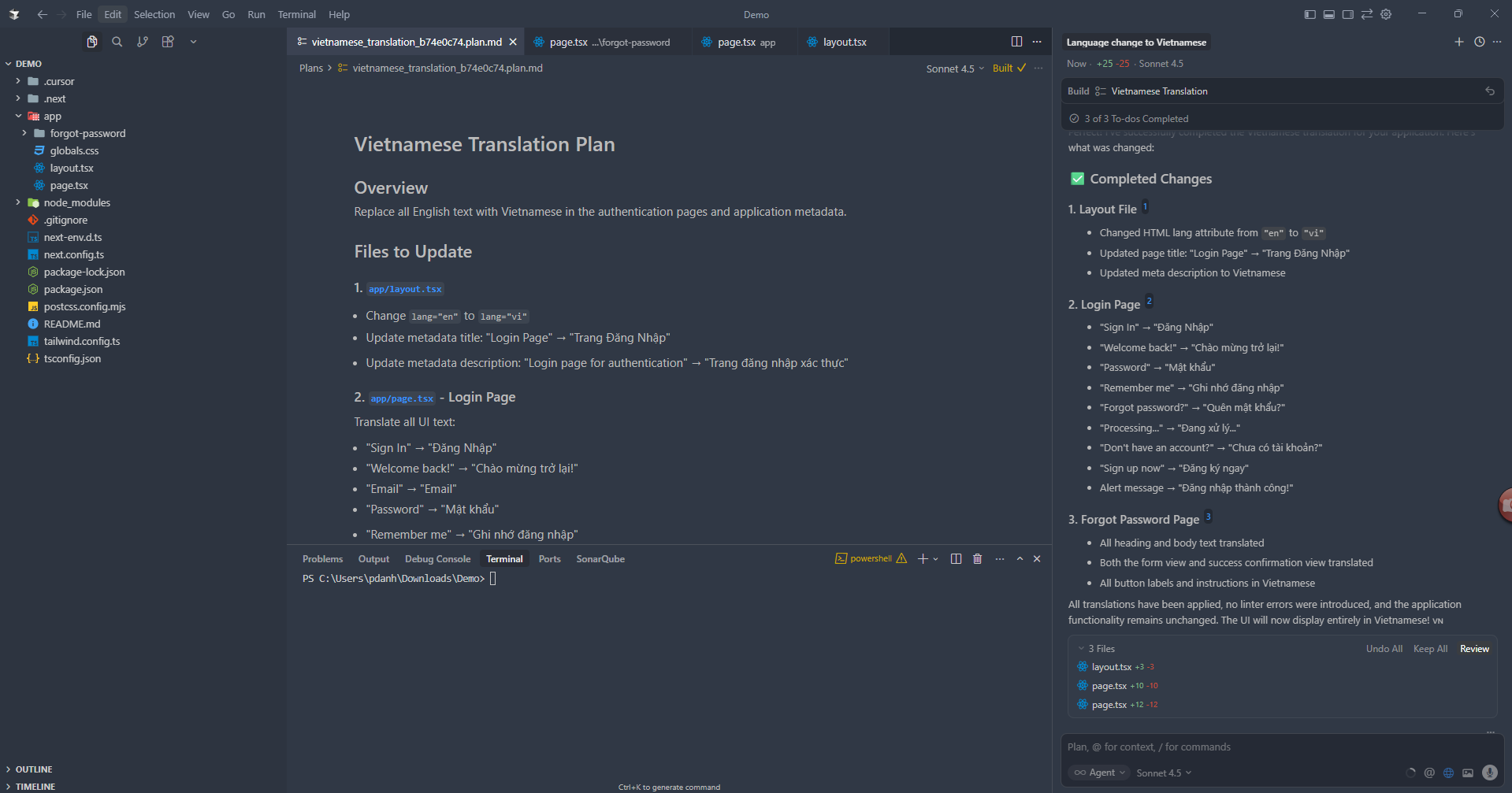In the JavaScript ecosystem, Ramda is a practical functional library for JavaScript programmers. It is designed to help us write more readable, cleaner, and fewer error codes. If you are looking for a tool that makes working with data more efficient without worrying about state or side effects, Ramda is a great choice.
1. What is Ramda?
Ramda is an open-source JavaScript library focused entirely on functional programming. Unlike libraries like Lodash or Underscore.js, Ramda has unique characteristics, such as:
- Pure Functions: Functions in Ramda do not modify the original data.
- Currying and Composition: It makes it easier to work with small, reusable functions.
- Readable and Scalable: Ramda promotes clear and functional code organization
2. How to Get Started
To start using Ramda, install it via npm or yarn:
|
// in bash npm install ramda |
Then import and use it:
|
import R from 'ramda';
const personObj= { name: 'Lana', age: 20 };
const name = R.prop('name', personObj); const age= R.prop('age', personObj);
console.log(name ); // Output: Lana console.log(age); // Output: 20 |
Note for versions > 0.25: Ramda versions > 0.25 don't have a default export. So instead of import R from 'ramda';, one has to use import * as R from 'ramda'; Or better yet, import only the required functions via import { functionName } from 'ramda';
Note for ES6 module and browsers: In order to access the ES6 module in browsers, one has to provide the content of the es directory (see below for the build instructions) and use import * as R from './node_modules/ramda/es/index.js';
3. Key Features:
3.1. Currying
Currying allows you to break a multi-parameter function into a series of single-parameter functions.
Example:
|
import R from 'ramda';
const add = R.add;
const addNumber = add(10); // Create a new function console.log(addNumber(5)); // Output: 15 |
3.2. Composition
You can combine small functions into larger, more complex functions using compose or pipe.
Example:
|
import R from 'ramda';
const double = x => x * 2; const increment = x => x + 11;
const doubleThenIncrement = R.compose(increment, double); console.log(doubleThenIncrement(10)); // Output: 31 |
3.3. Immutable and Pure Functions
Ramda ensures data immutability, avoiding unintended state changes.
Example:
|
import R from 'ramda';
const personObj= { name: 'Lana', age: 20 }; const newPersonObj = R.assoc('age', 30, personObj);
console.log(personObj); // { name: 'Lana', age: 20 } console.log(newPersonObj ); // { name: 'Lana', age: 30 } |
4. Benefits of using Ramda
Ease of maintenance: Write concise, readable code, and minimize errors.
Reusability: Small functions can be reused and combined flexibly.
Support for functional programming: Helps you apply functional programming principles naturally.
5. Why should we use Ramda?
As introduced at the article's beginning, Ramda is a collection of general utility functions suitable for many problems.
One difference from other similar utility libraries is that Ramda has a functional programming style, so it is often used in projects with a functional programming style.
6. When to Use Ramda?
Ramda is ideal for projects where:
- Complex data transformations are required.
- Code readability and testability are priorities.
- Functional programming principles are preferred.
Conclusion:
This article is just to introduce everyone to a utility library that supports JavaScript functional programming, Ramda. With features like currying, composition, and immutability, Ramda provides many functions that focus on solving a small problem; besides that, you can easily combine them together to create a powerful program.
When Ramda becomes a common language in many projects, it helps developers create maintainable, extensible, and error-free applications
References:
https://2coffee.dev/en/articles/introduction-to-the-ramda-functional-programming-library

